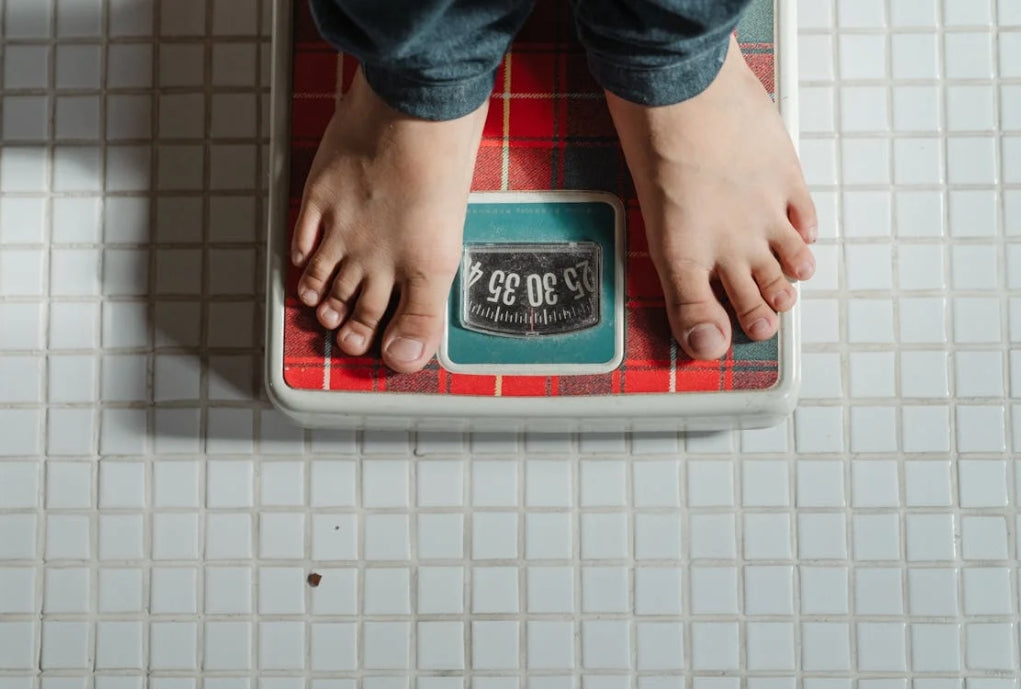There's a diet going around that promises to shed 15 pounds in just three days, break through weight loss plateaus, relieve constipation, and even detoxify and beautify your skin…
And it follows one simple rule: you can only consume foods that are liquid or were in liquid form before processing (think chocolate, ice cream, etc.).
This means you can guzzle milkshakes, fruit juices, and indulge in chocolate and ice cream... but you can't eat the toppings like fruit bits in your smoothie or the nuts in your chocolate and ice cream!
By now, you've probably guessed what I'm talking about: the ultra-popular "liquid fasting" method, often abbreviated as "liquid fast" or "liquid diet."
How popular is the liquid diet? Just a quick search yields over 200,000 shared posts.
But after delving deeper, I felt compelled to write this article.
The most important point to make right off the bat:
If you're considering trying the liquid diet, please, I urge you, abandon that idea!
If you know someone who has tried or is planning to try the liquid diet, it would be best to share this article with them.
If you're still a bit curious about the liquid diet, then this article is for you, so read on.

Is the Liquid Diet Reliable?
The answer: Of course not, and it might be even more unreliable than you think.
The core of the liquid diet is still "fasting," and it's a super unhealthy form of fasting.
During a liquid fast, you're essentially just drinking until full. The central idea is to reduce total calorie intake by limiting the consumption of solid foods.
The idea sounds great in theory, but reality may not be as kind. Looking at the posts people put up about their liquid diets online, it's not hard to find that "sugar overload" can easily happen.
Many people are drinking milk tea and sweet beverages during their liquid diets.
The "Dietary Guidelines for Chinese Residents" has always emphasized that added sugar intake should not exceed 25 grams per day.
But even a milk tea with only 30% sugar contains about 50 grams of sugar, which is not much lower in calories than a healthy lunch.
The dangers of consuming too much sugar are well-known and don't need further elaboration.
However, during a liquid diet, it's possible to experience both "sugar overload" and "malnutrition" at the same time:
Adults need to consume 80 grams of protein per day (a 100-gram egg contains about 12 grams of protein) and 30 grams of dietary fiber.
Without professional help, it's extremely difficult to "drink" enough of these nutrients during a liquid diet.
Why Does the Liquid Diet Seem to Work for Some People?

You might wonder: Why do so many people report good results from the liquid diet? Are all those "liquid diet for X days and lost X pounds" success stories fake?
Answer: What they're sharing is only part of the "surface phenomenon."
Firstly, during a liquid diet, most of the weight lost is water.
When energy intake is insufficient, the body uses glycogen as "fuel," and this process is accompanied by water loss (1 gram of glycogen corresponds to 3-4 grams of water).
After a few days, you're not just eliminating the liquid you've consumed but also the water produced from the breakdown of glycogen, so your weight does decrease, sometimes significantly.
But remember, the essence of this weight loss is almost entirely dehydration!
The Liquid Diet and Muscle Loss
Some might argue: With so much weight lost, there must be some fat burned, right? After the liquid diet, if you drink plenty of water, the weight doesn't fully return, right?
Don't be too quick to celebrate: During a liquid diet, you might not burn as much fat as you think, and you could actually lose muscle mass.
In terms of energy supply, compared to protein, fat is more like a "slow-moving fatty"—it burns slowly and consumes less.
A liquid diet lasts only a few days and is unlikely to result in significant fat loss.
However, during a liquid diet, normal protein intake is insufficient, and it's forced to be "burned" instead, leading to a gradual decrease in muscle mass.
The Vicious Cycle of Liquid Diet Rebound
After a liquid diet, you might be hungrier than ever and more inclined to binge eat. Your body, thinking it's been through a "famine," will store energy more aggressively.
So, it's not uncommon for the "success" of a liquid diet to be followed by a rebound.
Many people, after rebounding, might be even more inclined to use more extreme liquid diets to lose the regained weight, leading to a progressively lower basal metabolic rate and potentially even eating disorders.
The weight lost can quickly return with a hearty meal and proper hydration, and you might find yourself gaining weight more easily afterward.
The Dangers of Low Blood Sugar
If none of the above has dissuaded you from wanting to try the liquid diet, then this next point is crucial: Many people experience symptoms of low blood sugar, such as dizziness and fatigue, during a liquid diet, which can be genuinely life-threatening.
It's not an exaggeration to say that there are indeed cases of people being hospitalized due to persisting with the liquid diet.
The True Purpose of Weight Loss

For those who wish to lose weight, the original intention is always to become a "better" version of oneself. However, we don't carry a scale around with us everywhere we go, and losing weight at the expense of health is truly not worth it.
As a friend shared her experience with the liquid diet: The goal of losing weight is to become a better version of oneself, not to faint in the subway station.
Of course, I understand that those who are tempted by the liquid diet may really need to look better in a short amount of time or may be struggling with a frustrating weight loss plateau.
However, even with these needs, the liquid diet is absolutely not a good choice! (If you're interested in looking better and more photogenic in the short term or breaking through a weight loss plateau, feel free to leave a comment or hit "Like" on this article.)
I hope that by the end of this article, you can face your weight and weight loss goals with ease and joy, without too much anxiety, without tormenting yourself, and most importantly—
Do not attempt the liquid diet!



